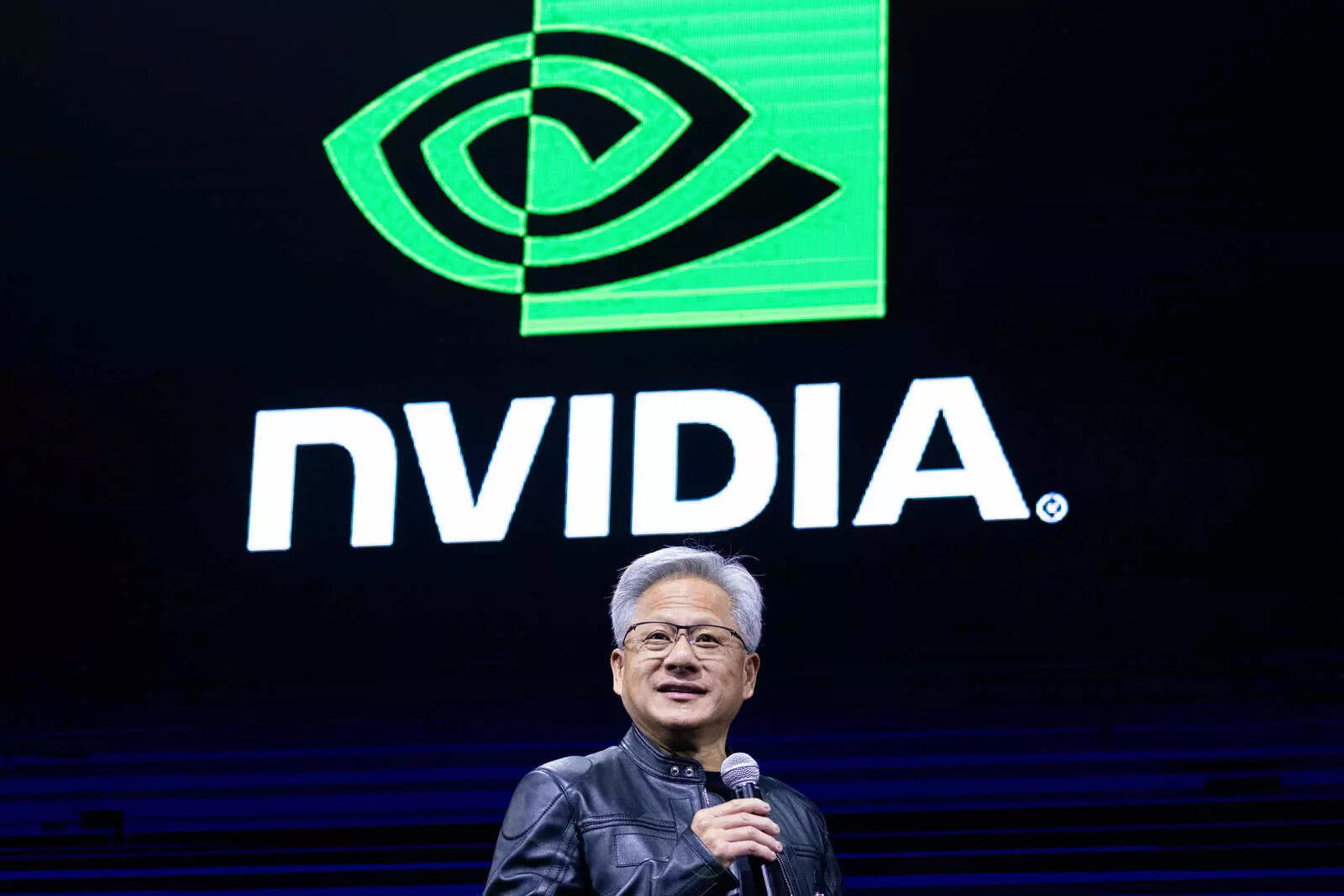Nvidia CEO Jensen Huang Offloads $37 Million in Shares Amid Renewed China Chip Sales
Nvidia CEO Jensen Huang Offloads $37 Million in Shares Amid Renewed China Chip Sales
By
Calder Monroe
Last updated:
July 17, 2025
First Published:
August 3, 2025

Photo: MSN
Jensen Huang Sells $37 Million in Nvidia Shares as China Chip Sales Reboot
Nvidia CEO Jensen Huang recently sold an additional 225,000 shares of the chip giant, bringing the total value of this latest transaction to around $37 million, according to a Securities and Exchange Commission (SEC) filing released last Friday.
This stock sale is part of a pre-approved plan, initiated in March 2025, allowing Huang to divest up to 6 million shares. Since commencing his sales earlier this year, Huang has sold approximately 1.2 million shares, totaling nearly $190 million in proceeds, based on data from InsiderScore. Notably, in 2024, Huang sold over $700 million in Nvidia stock under a similar prearranged scheme.
Nvidia’s Meteoric Rise and Huang’s Growing Net Worth
Driven by soaring demand for graphics processing units (GPUs) powering artificial intelligence workloads — especially large language models — Nvidia’s valuation has skyrocketed past the $4 trillion mark, making it one of the world’s most valuable publicly traded companies.
This surge has propelled Huang’s personal wealth beyond that of legendary investor Warren Buffett, according to Bloomberg’s Billionaire Index.
Restarting H20 Chip Sales to China: A Key Development
In a significant policy shift, Nvidia announced plans to resume sales of its H20 AI chips to China after the U.S. government signaled approval of mandatory export licenses required for these shipments.
Earlier this year, the Trump administration had restricted exports of these advanced AI chips to China, citing national security concerns. However, Nvidia’s recent statement confirmed that the U.S. government assured the company that the necessary licenses will be granted, allowing shipments to begin again shortly.
Speaking at a press conference in Beijing, Huang expressed ambitions to eventually sell even more advanced chips to the Chinese market, underscoring Nvidia’s strategic focus on global AI expansion.
Other Executives Also Sell Shares Amid Market Activity
Huang was not alone in capitalizing on Nvidia’s soaring stock price. Board member Brooke Seawell also sold approximately $16 million worth of Nvidia shares recently.
What This Means for Investors and the AI Market
Huang’s sales, while substantial, align with a broader trend of key executives diversifying holdings amid a booming AI hardware market. Nvidia’s dominant position in supplying GPUs essential for AI development, combined with easing export restrictions, positions the company for continued growth — albeit amidst geopolitical and regulatory challenges.
The renewed access to the Chinese market could unlock significant revenue streams for Nvidia, with China representing one of the largest and fastest-growing consumers of AI technology.
Popular articles
Subscribe to unlock premium content
Global Cultures and the Hidden Drivers of Productivity and Happiness

The Future of Personalized Medicine

Digital Nomads and the New Global Economy

Global Cultures and the Hidden Drivers of Productivity and Happiness

The Future of Personalized Medicine

Global Cultures and the Hidden Drivers of Productivity and Happiness









